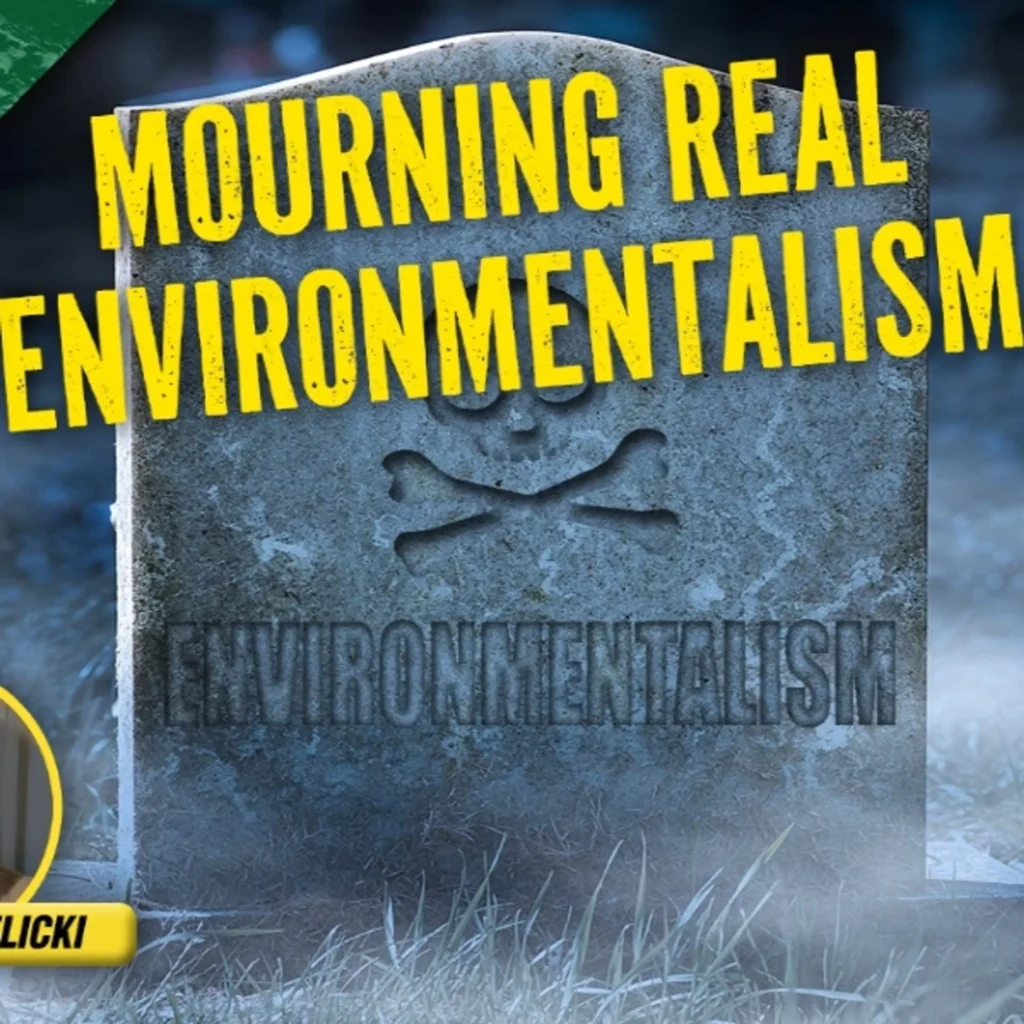A proposal from an Illinois think tank to fund the state’s public employee pensions while limiting the future growth of government spending has caught the attention of Prairie State legislators.
The Illinois Policy Institute’s plan, called the Pension Funding & Fairness Act, would enable Illinois to make its annual pension payments as required by law while protecting residents from tax increases.
Illinois faces a whopping $83 billion in unfunded public pension liabilities. This problem has been fueled by the state’s habit of underfunding its pension obligations even though current law requires they be 90 percent funded by 2045. Understandably, state employees are worried, and so are taxpayers.
‘Unprecedented Debt’
“One of the main reasons that our state is in such a fiscal crisis is the $80 billion pension debt that we are facing. This unprecedented debt puts a significant strain on our budget, as this year’s pension payment will surpass $5 billion,” said House Minority Leader Tom Cross (R-Oswego).
The Institute’s Pension Funding & Fairness Act essentially would place speed limits on the growth of state government spending, based on the increase in inflation plus the increase in population. The state would fund its annual required pension payments by using the surplus revenue above the new spending limit.
Twice Rate of Inflation
Illinois’ revenues have grown at a 20-year historical average of 4.8 percent, twice the rate of inflation plus population. All revenue that comes in over the projected spending growth limit of 2.4 percent would be directed to the state’s annual pension contribution amount.
Once the annual pension payment is made, surplus revenues above the required pension payment would be initially allocated to a Budget Stabilization Fund and then returned to the taxpayers. Tax refunds could begin as early as 2018 and will total nearly $45 billion by 2025 and $702 billion by 2045.
The plan does come with transitional hurdles. In the initial years of implementing this plan (fiscal years 2011 to 2015), revenues above the spending cap are not expected to be sufficient to make the required payments. To fund this gap, assets sales and leases, like that of the Illinois Tollway System, can be considered along with further spending reforms. Alternatively, limited borrowing with tight payback covenants could be used.
The Institute recommends the proposal be implemented initially by statute and then constitutionally via a referral by the legislature for a vote by the people.
‘Shows Way Out’
“After years of ignoring the accumulating costs of pension and other benefits, it’s about time that Illinois explicitly planned to meet its obligations in a realistic and timely way,” said Sheila Weinberg, founder and CEO of the Institute for Truth in Accounting. “The Illinois Policy Institute’s plan makes implicit but very real obligations explicit, and shows a way out of the fiscal hole we’re in.”
Illinois Senator Matt Murphy (R-Palatine) is advancing legislation to fund public employee pensions through a spending limit.
“Fixing Illinois’s pension funding problem will be challenging, but with the state running out of cash, taxpayers already strapped, and public employees wondering if their promised pension will be there, the time is right for creative and bold thinking,” said Murphy.
The proposal also caught the attention of state representatives. Minority Leader Cross said, “We must closely examine any proposal that moves Illinois toward fiscal solvency, and [the Institute’s plan] will be reviewed closely.”
Task Force Failure
Pension reform is guaranteed to remain a hot topic in Illinois and other states, as unfunded liabilities put a squeeze on general state spending. Unfortunately, it’s an issue where inertia predominates.
For example, in May 2009 the General Assembly chartered the Illinois Pension Modernization Task Force and charged it with recommending changes to modernize state pension benefit systems. The Task Force members were unable to find consensus on reform options. According to its November summary, “The lack of a majority-approved report underscores the seriousness and complexity of the issues facing the Task Force.”
Gridlock doesn’t sit well with legislators, who have to deal with the increasing drain that state pensions make on the budget.
“Enough is enough,” said state Sen. Dan Duffy (R-Barrington). “We must go back to the basics and start fresh. We must reform pensions now, or this state will continue to spiral further into debt. Every year we continue these unsustainable programs, we cut the opportunities for our children in half.”
Additional Reforms
Ultimately, pension benefit reforms—like those suggested by Illinois Governor Pat Quinn and the Commercial Club of Chicago—may have to be paired with pension funding mechanisms like the Institute’s plan.
“By embracing the Pension Funding and Fairness Act, Illinois will be able to protect taxpayers from out-of-control spending excesses and fully fund the annual required pension payment,” said John Tillman, CEO of the Illinois Policy Institute. “This has the potential to launch a new period of growth and government accountability our state.”
Kristina Rasmussen ([email protected]) is executive vice president at the Illinois Policy Institute.
Internet Info
The Illinois Policy Institute’s Pension Funding & Fairness Act: http://www.heartland.org/budgetandtax-news.org/article/26993



